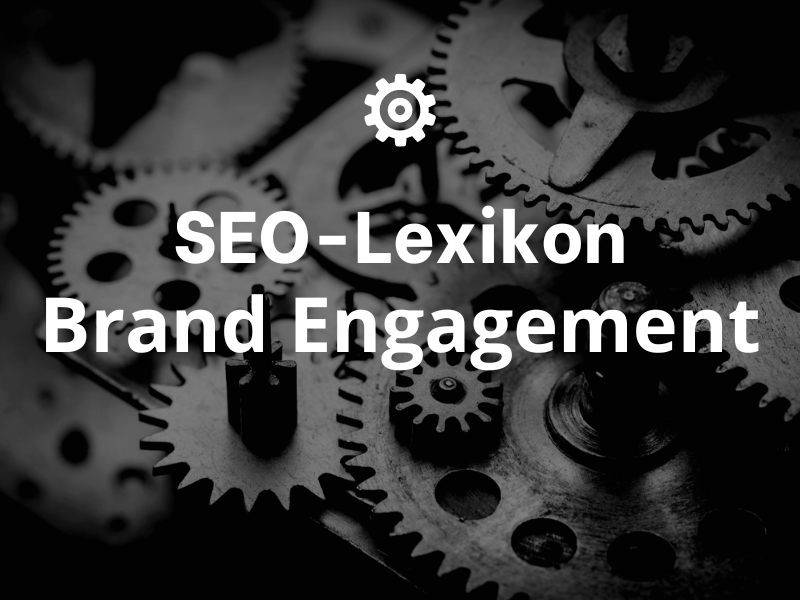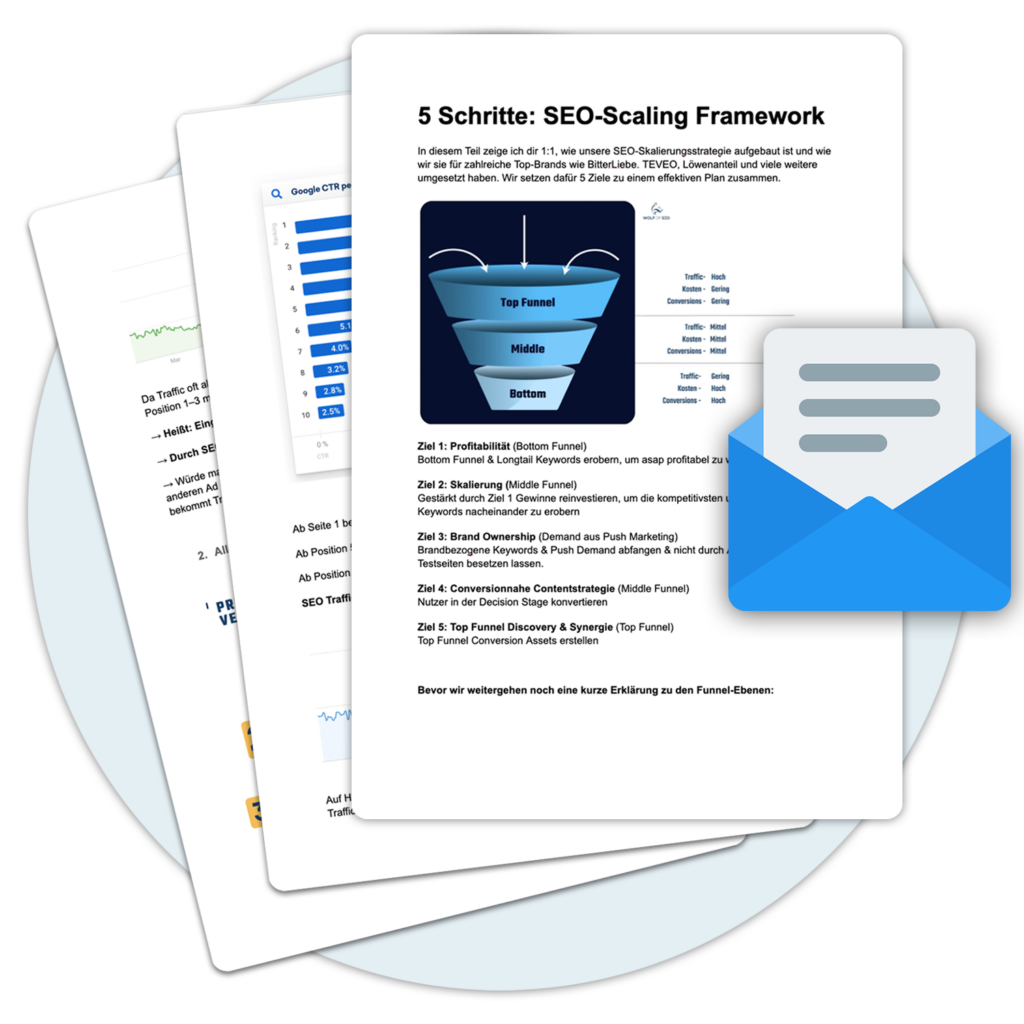Definition
Brand Engagement refers to all interactions a customer has with a brand. This can range from seeing an ad, to reading a blog article, to sharing a post from the brand on social media. The idea is that the more intense and positive these interactions are, the more likely a customer will become loyal to the brand and will recommend it to others.
Why is brand engagement important?
- Customer loyalty: Customers who interact regularly and positively with a brand often develop a stronger emotional connection to that brand.
- Word of mouth: A high level of engagement can lead to customers actively recommending the brand to those around them.
- Value enhancement: Engaged customers are often willing to pay more for products or services because they see more value in the brand.
How can you measure brand engagement?
- Social media interaction: The number of likes, shares, comments and other interactions on social media platforms.
- Website traffic: Number of visitors, length of stay, Bounce rate etc.
- Feedback and ratings: Online reviews, customer feedback, survey results.
How can you increase brand engagement?
- Valuable Content: Create high quality and relevant Contentthat is of interest to your target group.
- Customer interaction: Respond to customer comments and inquiries, both positive and negative.
- Consistent brand communication: Adhere to your brand guidelines and values across all communication channels.
- Emotional appeal: People are more likely to commit to brands with which they feel an emotional connection.
What you can do with Brand Engagement:
- Create brand ambassadors: Engaged customers can become ambassadors of your brand and recommend it to their network.
- Use feedback: Use feedback from engaged customers to improve products or services.
- Cross- and upselling: Dedicated customers are often more willing to try other products from the brand or choose more expensive variants.
Conclusion: Brand Engagement is a key element in modern marketing. It's not just about attracting customers, but also retaining them for the long term and turning them into active advocates of the brand. By interacting with customers in a genuine, authentic and valuable way, you can increase loyalty and engagement, which ultimately leads to higher sales and a stronger brand presence.
Advantages
An important advantage of Brand Engagement is that it benefits customers and businesses alike. Increased customer engagement means more revenue for the company, but they also get a better consumer experience because the company can offer better customer service and products.
Disadvantages
A disadvantage of Brand Engagement is that it can be difficult to measure and monitor. It can be difficult to get results and understand if a particular engagement was successful. It can also be difficult to ensure that a customer is actually participating in an engagement.
Use cases
Brand Engagement is useful for many different businesses. It is especially attractive for social network companies that build interaction with their customers, but also for companies that offer a loyalty program to get customers to keep buying products.
Example 1:
A company can use Brand Engagement increase its presence on social networks by offering various programs to interact and engage customers. These include activities such as sharing content, prompts to comment on specific posts, and inviting customers to events.
Example 2:
Another example is the use of Brand Engagement, to build a customer loyalty program. Companies can offer bonuses such as free products or special purchase discounts to encourage customers to continue buying their products and become more loyal to the brand.
Conclusion
Brand Engagement is an important concept in marketing that a company can use to engage customers, increase their presence on social networks, and boost sales. However, it can be difficult to measure and understand whether a particular engagement has been successful.
« Back to Glossary Index







